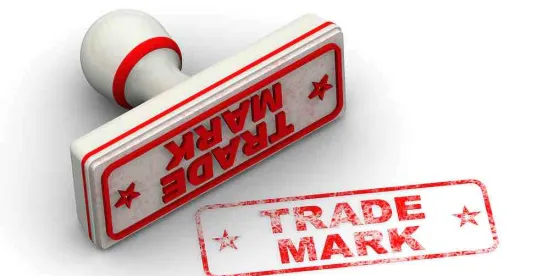The Nittany Lions are used to winning on the football field, but last week they also snagged a decisive victory in the courtroom. On November 19, a Pennsylvania jury determined that online retailer, Vintage Brand (“Vintage”), its manufacturer and distributor, Sportswear Inc. d/b/a Prep Sportswear (“Sportswear”), and their owner, Chad Hartvigson, had infringed Penn State’s retro trademarks.
While the university was awarded only $28,000 in damages, Penn State may well feel the monetary impact of this decision for years to come. In a nearly $5 billion dollar retail market for collegiate licensed products, universities make millions of dollars licensing their trademark to third parties, [1] especially Penn State, which is a top selling university.[2]
Vintage, bypassing the traditional licensing route, copied historic Penn State imagery from the public domain and used those logos on shirts, hats, coffee mugs, and other merchandise. Penn State argued consumers are likely to believe Vintage is associated with or licensed by the University regardless of the disclaimer on Vintage’s website and hang tags to the contrary. Vintage disagreed and stated consumers understand that its use of the retro Penn State logos is merely ornamental or decorative.
The road to victory was anything but certain for Penn State after losing both a motion to dismiss a counterclaim and its motion for summary judgment. Even the start of the second half of the game looked rocky for Penn State as Judge Brann granted the defendants’ motion for judgment as a matter of law, clearing Sportswear of any liability. However, Penn State threw a hail mary motion for reconsideration, and Judge Brann granted it, leaving the question of the manufacturer’s liability for the jury to decide.
In the end, the question before the jury was whether a design mark serves as a source and quality indicator or if it's simply decorative and ornamental and not an indication of a product's origin. Penn State argued for a “per se” approach (i.e., that design marks serve as source indicators, per se); while Vintage argued for a “fact-intensive” or case-by-case analysis of whether consumers believe the trademark owner is the good’s source. Ultimately, the jury determined that consumers would be likely to believe that Penn State had licensed its designs to Vintage, and therefore, that Vintage’s unauthorized use infringed all eight marks at issue.
Unlike a football game with a clear winner, this case is likely to go into overtime – an appeal is all but certain – and we, along with more than a dozen other colleges and universities that also have pending cases against Vintage[3], will be watching from the sidelines.
--------------------------------------------------------
[1] https://www.collegiatelicensingworld.com/collegiate-licensing-company
[2] https://www.collegiatelicensingworld.com/collegiate-licensing-top-selling-universities-and-vendors
[3] Illinois, Purdue, Arizona, Arizona State, Cal Berkeley, UCLA, Colorado, Oregon, Oregon State, USC, Stanford, Utah, Washington, and Washington State have also sued Vintage.






 />i
/>i
